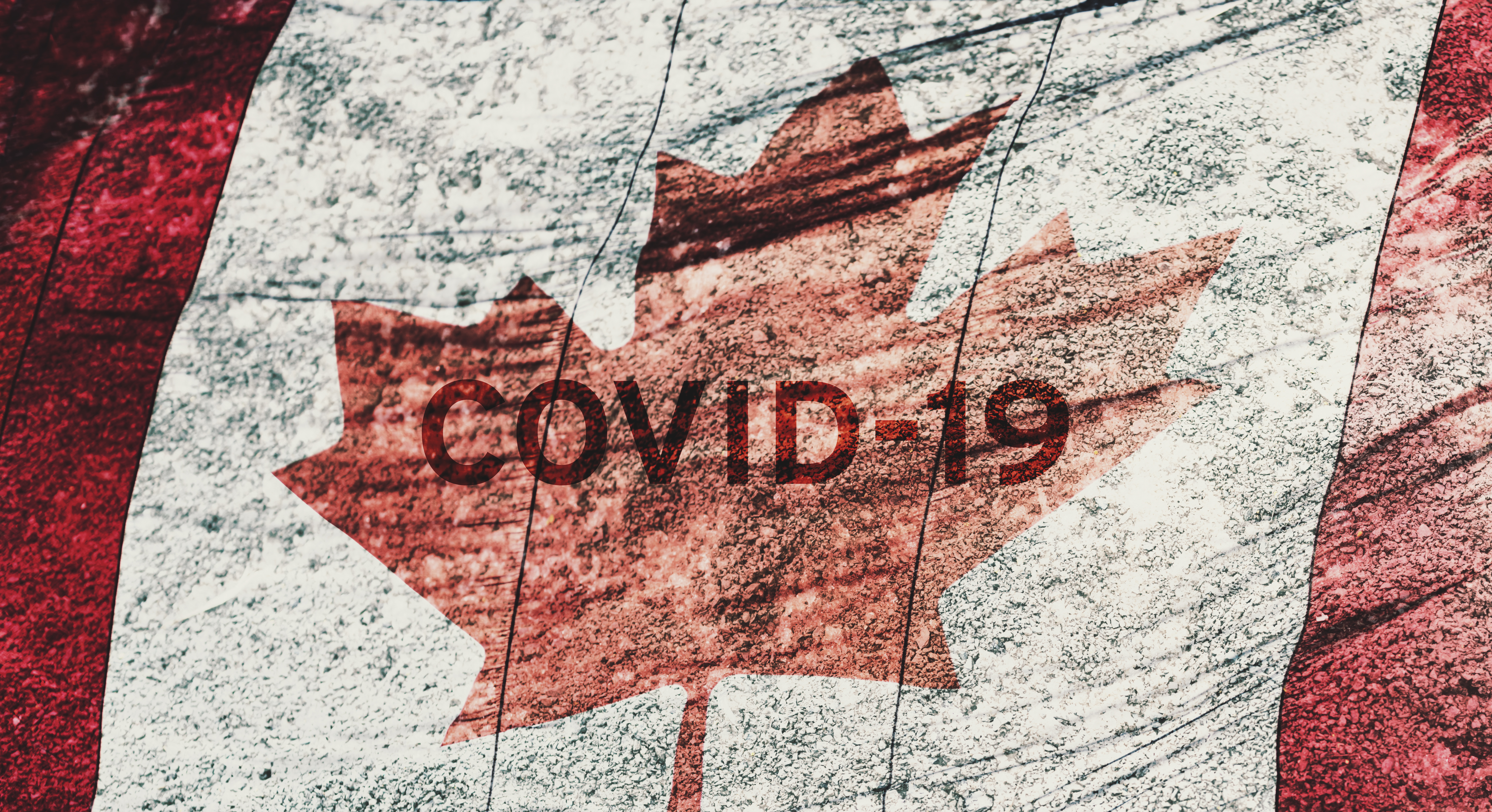Canadian governments must not squander their most precious resource in the fight against COVID-19

Jenn Wallner is the Jean Luc Pepin Research Chair in Canadian Politics at the University of Ottawa and Andrew Parkin is the executive director of the Environics Institute for Survey Research.
Since the start of the COVID-19 pandemic, governments in Canada have benefitted from remarkable public goodwill.How remarkable? In the summertime, the Pew Research Centre found that nine in 10 Canadians felt their country was doing a good job of dealing with the pandemic. In stark contrast, fewer than one in two in the United States and the U.K. felt the same. In comparison to the U.S. and the U.K., Canadians’ assessment of government performance was also far less polarized between those on the left and right.
Conducted in September our own survey shows that, so far, goodwill remains intact. In fact, it finds that Canadians’ satisfaction with the way things are going is actually higher now than before the pandemic began. Strikingly, those who see COVID-19 as the country’s most important issue are actually more likely than average to say that they are satisfied. Crucially, most Canadians remain confident that their governments follow the best advice of scientists and other experts when making difficult policy decisions.
Canadians have rallied to support of one another as well as their governments. The survey shows almost unanimous support for government intervention to ensure quality services for the elderly, for people with disabilities, and for parents with young children. It also finds growing support for the idea of a guaranteed annual income. Bottom line, at a time of crisis, Canadians have become more, not less, generous in their outlook.
This generosity is no less evident when it comes to attitudes on immigration. Despite fears that the pandemic would lead citizens across the West to turn against foreigners, newcomers and minority groups more generally, in Canada, the opposite happened. Over the course of 2020, Canadians became more comfortable with current immigration levels, and more likely to see immigrants as good for the Canadian economy and not threats to other people’s jobs.
This reservoir of generosity, openness, and public confidence is a precious resource that should not be squandered. But as the second wave of the pandemic intensified, our governments were in danger of doing just that.
As each day brought record high case numbers, messaging from federal, provincial, and municipal governments across the country became increasingly fragmented and contradictory—often in stark contrast to the coherence of the advice coming from their own public health experts. In Ontario, bars, restaurants, and indoor gyms were allowed to be open, and then suddenly closed, and then reopened again. Despite reopening businesses, the premier urged Ontarians to limit all non-essential trips out of the home. Some municipalities in Ontario chose to disregard provincial reassurances and impose their own stricter limits. In Alberta, Calgary’s mayor implored his citizens to adopt their own restrictions and not wait until the province actually mandated them for the population. In British Columbia, officials held off making mask-wearing in public places mandatory, despite pleas from retailers.
In more recent days, following a series of pleas from public health and medical experts, governments across the country faced reality and accepted the need to act more decisively and communicate more clearly. Lockdowns have been implemented in and around Toronto, new restrictions adopted in other provinces including Alberta and Nova Scotia, and masks are now mandatory in British Columbia. Suddenly, there is a sense that, once again, we are all pulling in the same direction—accepting the immediate hardships of new restrictions in exchange for saving lives and protecting our livelihoods over the longer term.
No one underestimates the difficulty of the situation facing public officials. But so far, their task has been made easier by the fact that most Canadians have been prepared to rally behind the effort to confront the current emergency with a combination of tough restrictions and generous compensation for those adversely affected. But as the holiday season approaches, efforts to keep everyone on the same page through clear and consistent communications will be more important than ever. Any relapse by governments into confused messaging and contradictory actions risks eroding the public buy-in, depriving Canada of what up until now has been one of its greatest advantages.
Like what you're reading? With our bi-monthly e-newsletter, you can receive even more with the latest details on current projects, news, and events at the institute.
Subscribe